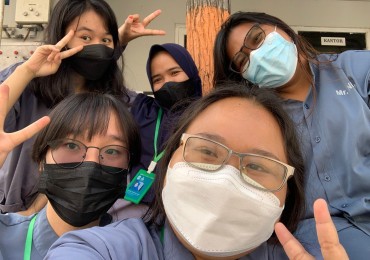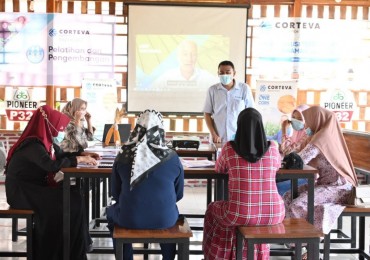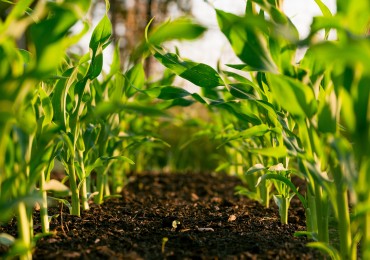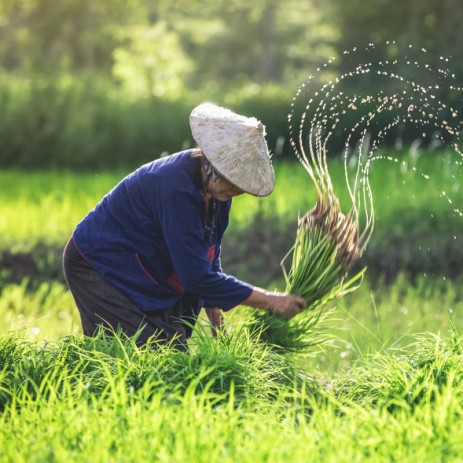news
National Farmers Day: Build a Resilient, Fair, and Sustainable Agriculture
26 Sep 2025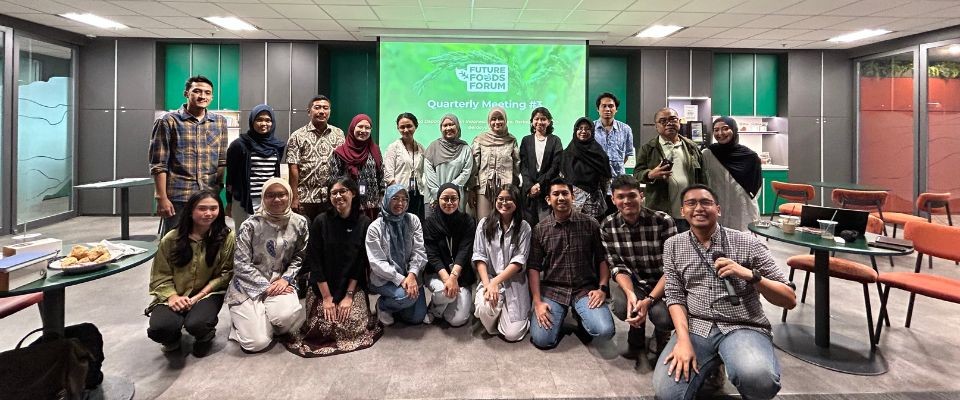
Jakarta, September 24, 2025 – The momentum of National Farmers Day serves as an important reminder for all stakeholders: how to ensure farmers' welfare while building a resilient, fair, and sustainable food system in Indonesia.
As an agrarian country with more than 38 million people relying on the agricultural sector, Indonesia faces major challenges. Agriculture’s contribution to GDP continues to decline, staple food productivity such as rice and corn remains stagnant, while national food demand keeps increasing with population growth. This situation is worsened by the fact that 90% of Indonesian farmers are smallholders with less than two hectares of land, making them vulnerable to price shocks, climate change, and limited access to technology and financing.
Amid these conditions, Edufarmers, through the Future Foods Forum (FFF) initiated by the Center for Indonesian Policy Studies (CIPS), created a cross-sector discussion space with the theme “The Future of Indonesian Agriculture: Prosperous, Sustainable, and Competitive.” The forum brought together representatives from NGOs, local companies, and multinationals to exchange perspectives and seek joint solutions to Indonesia’s agricultural challenges.
Farmers’ Welfare: Still Difficult to Measure
The discussion highlighted that farmers’ welfare still lacks comprehensive indicators. Monik, a representative from CIPS, argued that the Farmer’s Terms of Trade (NTP) is insufficient as it only measures price indices without addressing multidimensional aspects such as income and quality of life. Rian Amry from Syngenta added that farmers’ income varies widely, so policies must be fair across all segments—from farm laborers to landowners.
Meanwhile, Mehdi from IPB pointed out that food policies are overly focused on rice, even though local commodities like sago in Papua or sorghum in East Nusa Tenggara (NTT) are more suitable for the geographic conditions. Data transparency also emerged as a key issue to ensure more targeted policies and broader public participation.
Farmer Regeneration: A Youth Challenge
Young people are still reluctant to enter the agricultural sector due to its unattractive image, uncertain income prospects, and lack of market guarantees. Sarah from Unilever Indonesia highlighted a mismatch between agricultural outputs and industry needs, causing farmers to frequently switch commodities based on trends.
Agnes Wahyu, another Future Foods Forum member, raised the issue of a leadership crisis. There is a need for successful young farmer role models and sustainable market support to process local commodities into value-added products.
Dinda from the Tay Juhana Foundation added that there is still a knowledge gap in the field. Many farmers do not understand regenerative agriculture concepts, while access to technology and infrastructure remains limited outside Java.
Aqilah from CIPS suggested that the government should invest more in local systems and education rather than large-scale projects like food estates. Long-term incentives, regulations, and an attractive business ecosystem will be key to encouraging youth participation in agriculture.
Looking Ahead
The discussion concluded that Indonesia’s agricultural challenges are complex: limited welfare indicators, narrow policy focus, lack of data transparency, and hindered farmer regeneration. However, opportunities remain. The rise of digital technology, regenerative agriculture approaches, and increasing cross-sector collaboration offer hope for the future of Indonesian agriculture.
Moving forward, the Future Foods Forum is committed to continuing as a collaborative space and involving the government so that discussion outcomes can be implemented into real policies. Edufarmers believes that with cooperation from all parties, the future of Indonesian agriculture can be more prosperous, sustainable, and highly competitive.
 Back To List
Back To List

